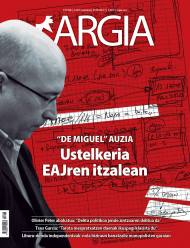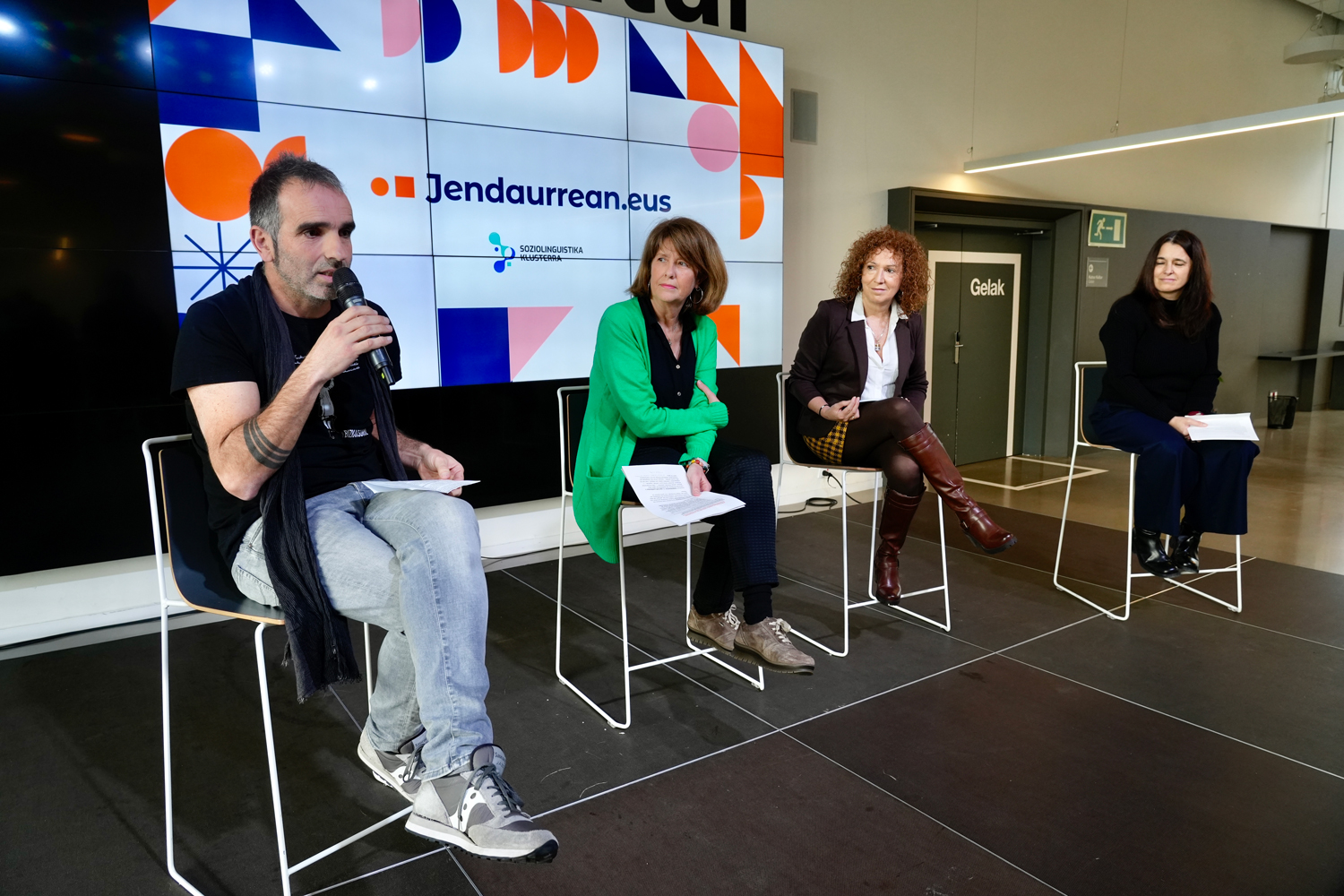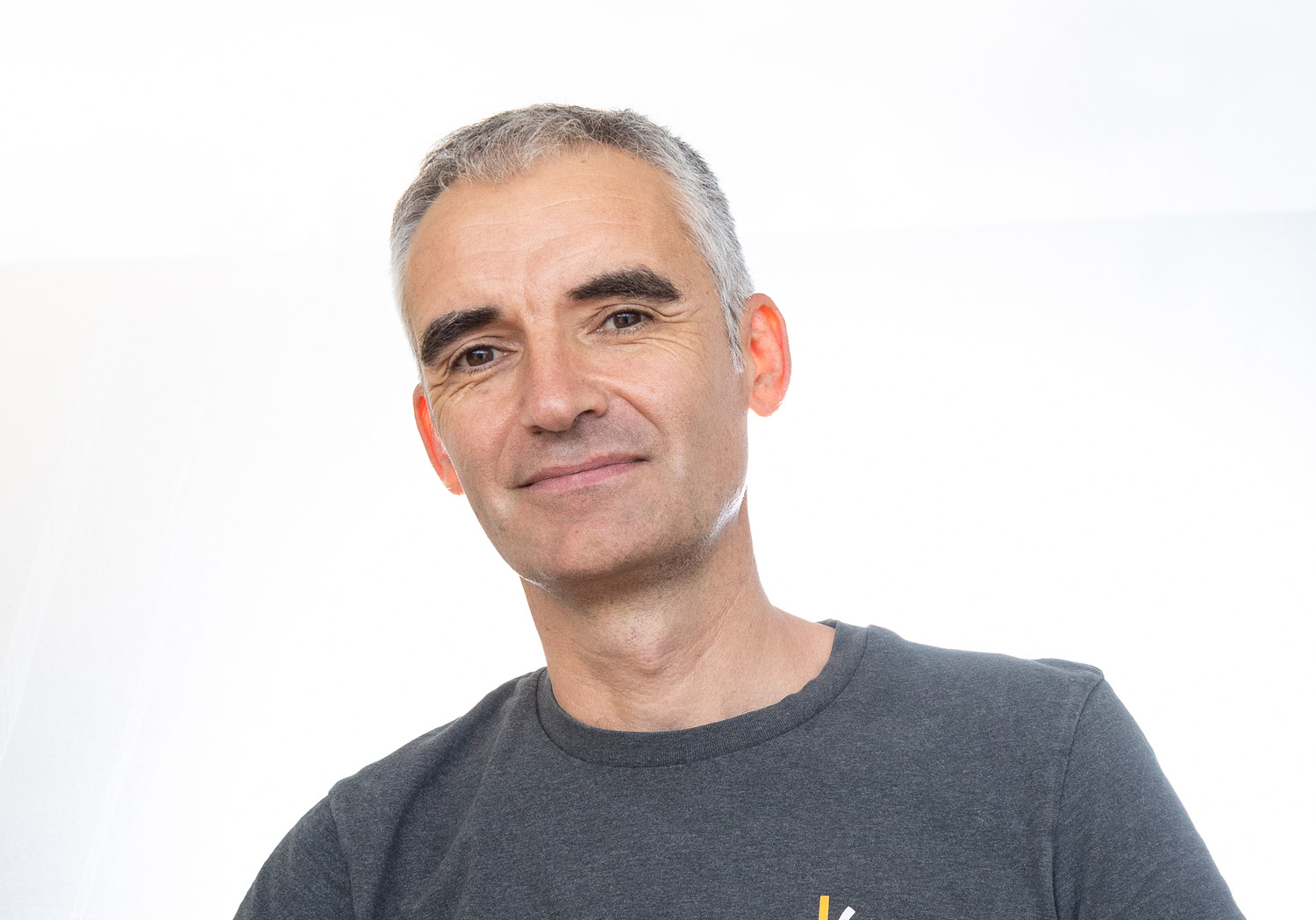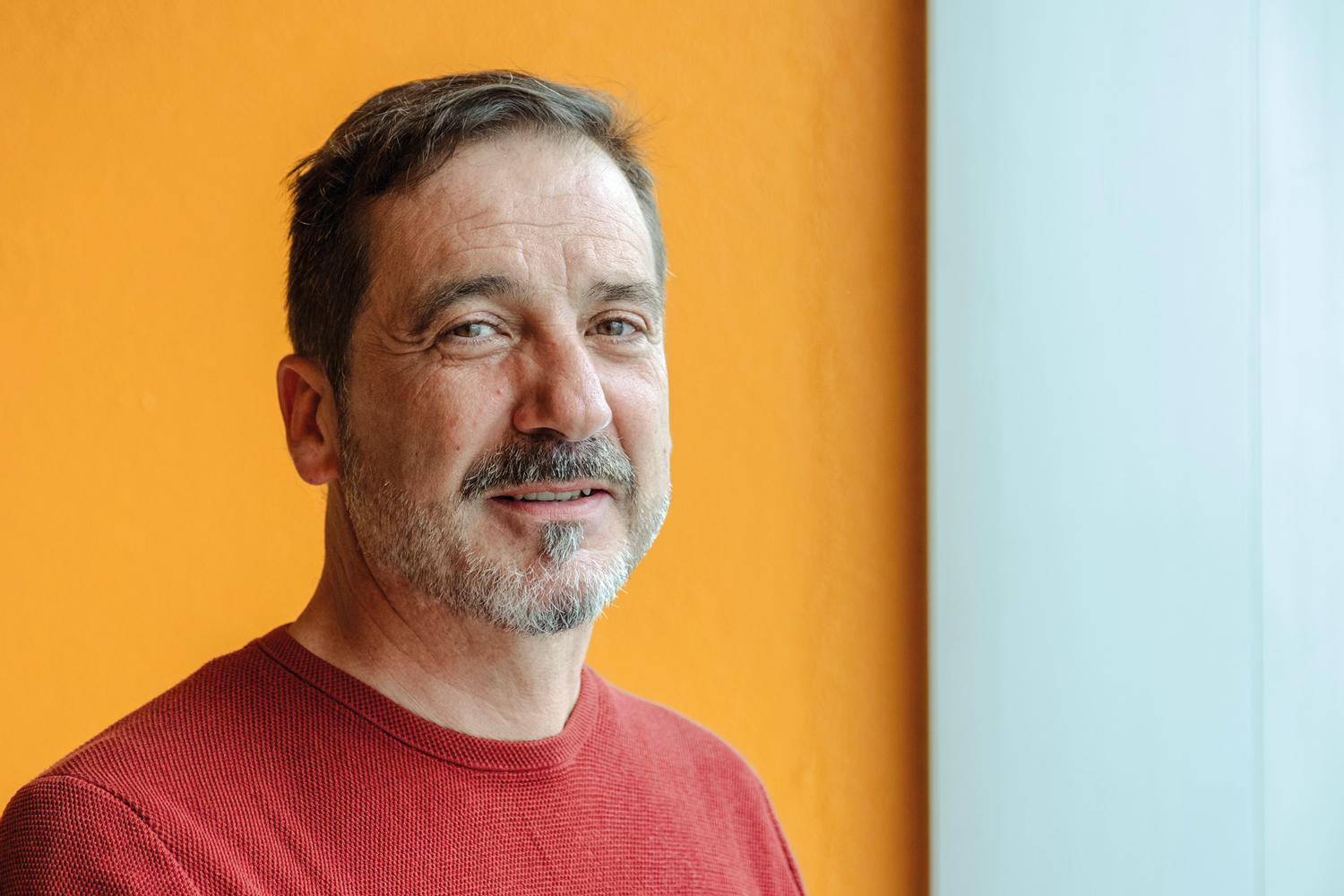Experience tools for the youngest to speak more in Basque
- Summer 2017 in Mundaka. The Basque Government, the linguistic advisory company Ebet and the Ttakun Cultural Association organized colonies around language and dance. Objective: That boys and girls aged 13 to 14 speak in Basque as much as possible. Two other objectives were for adolescents to have fun and to test the usefulness of tools to increase their use. The teenagers returned home happy and the organizers decided to repeat the experiment. In July children and monitors will meet in Berriz.
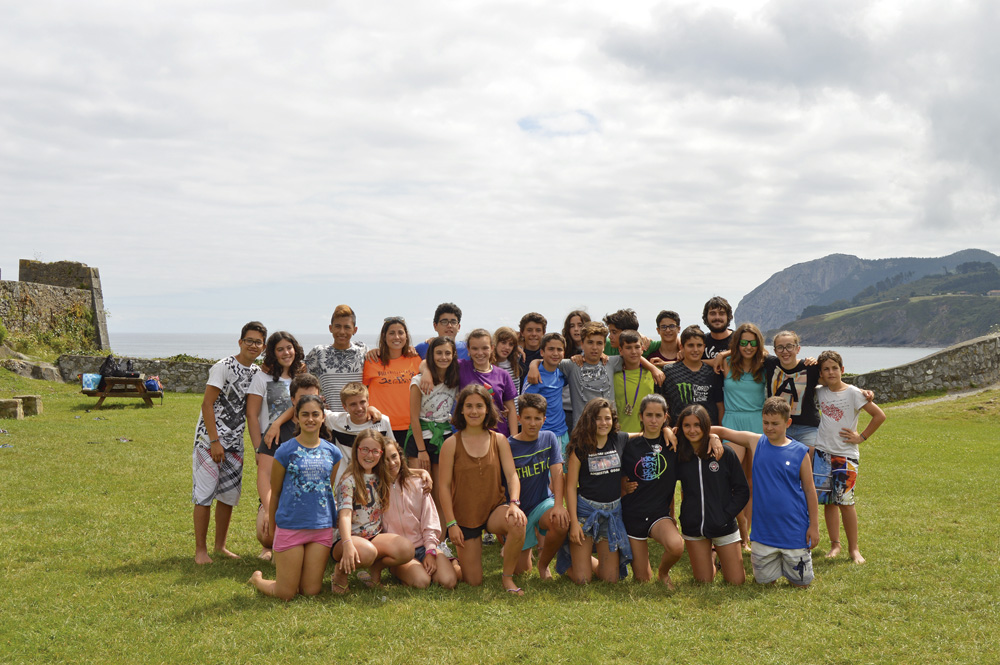
Alaia Azkue is from Zumaia, lives in the Oikia neighbourhood and has just turned 14. He had never come to the colonies, but last year, without the need to push his parents, he pointed to the colonies of Mingaina Dantzan. They felt worthy of him: “They told us that they were to promote the Basque Country, that I would meet with young people who did not speak much in Basque [adolescents from non-Basque areas], and I was excited to help them. They speak in Basque at school, but not at home.” It happened very well, he liked everything: monitors, activities, Mundaka, a place to sleep, and everyone wanted to have a good time. As he lives in Euskera, we asked him how many Euskera he had done in the colonies: “The monitors always spoke in Basque. As a result, we all had a tendency to respond in Basque. Those of us from the Basque people spoke in Basque and those from non-Basque peoples spoke to us in Basque. They weren't used to it, and sometimes they didn't get their words out, but they tried. Sometimes they did it in Spanish.” The zumaiarra has been very happy because this year goes back and you will be able to spend another ten days with the neighbour of Barakaldo who already accompanied Zumaia last year.
The parents were not the promoters, but they quickly understood that they were very suitable colonies for their daughter; the summer colonies and the Basque colonies, both at once. Father Iñigo Azkue says: “For the parents, it was a form of socialization, not so much of Euskera. But we realize that Alaia wants to live in Euskera, so the colonies were right.” Maria Pilar Etxabe, mother, considers that the monitors performed an excellent job, and she has collected it herself from what her daughter told: “They used a motivating, funny Basque. They were close and friendly.”
Mari Karmen Fernández lives in Barakaldo. His son Oier studies in model D. He told his son the udalekus and he didn't have to convince him. In the mother's opinion, summer colonies had only advantages. It struck him that Euskera and leisure were united. Oier did not get a bad face when he learned that one of the goals was to speak in Basque in the summer colonies. At home they do it in Spanish. Oier returned home very pleased, and in addition to this mood, in the following months his mother discovered a different attitude: “Euskera liked it more. Until then the Basque was a ‘package’ for him at school, but in the first months of the course he had worked with another affection, although over the months this desire weakened. I have the impression that the monitors did a great job, managed to combine the language and have a good time.” This year it is also going to the municipalities of Oier Berri.
It's not a boarding school.
In the 2017 camp, usage measurements were made, but the organizers were clear that the objective was not only to increase the use of the Basque Country, but to develop and demonstrate useful resources and tools to promote its use.
This is a group of young people between 13 and 14 years old, from Basque and non-Basque areas. For those in the first group, the objectives were two: to keep the Basque with whom they inclined to do it in Spanish and to realize the influence and importance they may have on linguistic habits. For the second group, two other objectives: to speak in Basque for as long as possible and to have strong positive experiences in Basque. In mixing young people from two areas, there was a risk: that some would not speak much Basque and that others would speak more in Spanish than ever before. In the presentation meeting of the project it was made clear to the adolescents and parents that the Basque was the axis of the colonies. They also made it clear to them that it was not a boarding school, but a camp.
“Charlatan educator”
The monitors worked conscientiously. One of the main objectives was to implement tools to increase their use and demonstrate their usefulness. They had calculated how to act in the formal and informal spheres, day by day, what games and dynamics they used when the Spanish trend prevailed and what mechanisms they used to translate it into Euskera. They used these kinds of games: The Fire, Parente, Story Cubes, Black Light, Word Chains, Putting the Word to Emoticons, This Is Not Mine, Gynkana by Mc Gyber... Many of the games used were related to language. The figure of the “parlanchine educator” was widely used, that is, this figure has interventions among the youngest to guide the language of the interviews. The monitors do not say “speak in Basque” or similar, they use transversal strategies.
But did they speak more or not in Basque?
The three measurements of use carried out over a period of ten days give its agreement. Almost 70% of the interviews in Euskera. The organizers have stressed that the importance of the party must be given to it, which is very simple and limited. The adolescents followed the evaluations carried out at the end of the camps with more attention. One, striking: several young people from non-Basque areas stated that in ten days they used much more than usual or never Euskera. One of them told the monitor that he had never spoken so much Basque. The planting was said: “He is the one who has spoken Spanish most in the colonies!” But the monitor knows the value of what the adolescent says: he has a perception that has done a lot in Euskera and also at the time of the valuation of the last day he says that it has happened very well and that he would go back to the same camp.
During the month of July, the Basque Government, the company Ebet and Ttakun Kultur Elkartea will continue to work on the refinement of tools to increase the use of the Basque Country.
Plazara, AEK, Uda Leku, Dindaia eta Ebete antolakundeak Baionan elkartu dira Famili'on egonaldi ibiltariaren lehen edizioa aurkezteko. Hizkuntza mailaren arabera eskaintza bat edo beste egongo da eta haur zein gurasoentzat izango da udaberrian.
I think it will have to do with the hangover of the profession, but I have to acknowledge that I look at the linguistic landscape of the places I visit. Signs that stick on the walls, hanging from streetlights, billboards, and supports that appear in shops or companies (signs,... [+]









